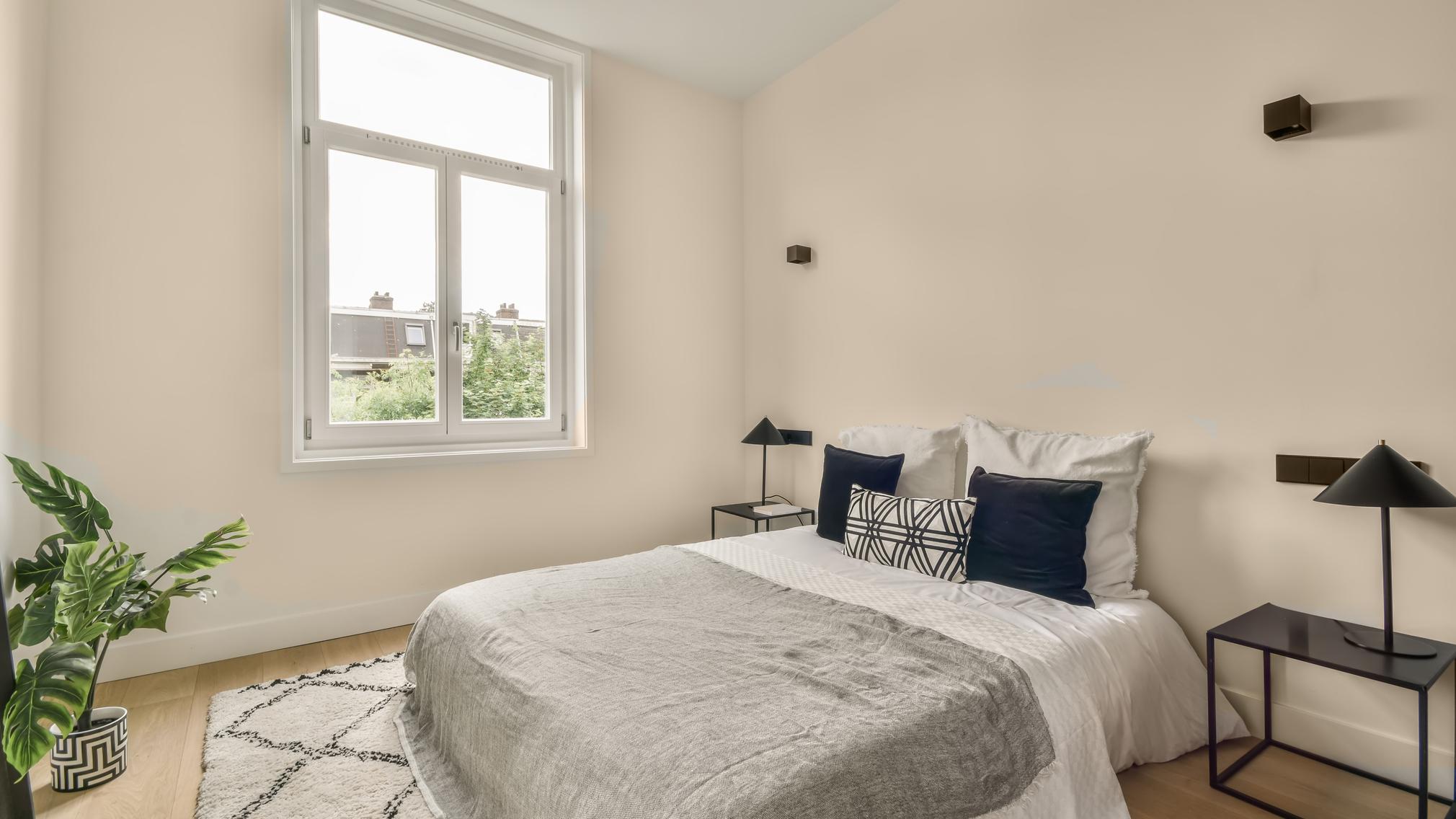How to Find Private Landlords


Written by Shawnna Stiver on June 17, 2025
Reviewed by Chrissy Tran
A private landlord is an individual who manages their own rental property without hiring a property management company. These landlords typically handle everything themselves — showings, lease agreements, rent collection, and maintenance. Private landlords may own one rental home or a few units, and may live nearby.
If you’re looking for more personal communication with a property owner, potential flexibility with lease terms, or maybe fewer added leasing fees, renting from a private landlord might be a smart move. In this guide, we’ll walk you through how to find a private landlord, compare your options, and spot red flags.
Where do most landlords post rentals?
Private landlords — especially those managing just one or two properties — typically list their rentals on free or low-cost platforms that allow them to communicate directly with renters. Zillow has one of the largest inventory of rental properties, including rentals managed by private landlords.
Sometimes, private landlords list their rentals as a For Rent by Owner (FRBO). You can filter your search on Zillow for For Rent by Owner listings. Start by searching for rentals in your desired location. Click the “More” dropdown and under “Keywords”. Type “FRBO” or “For Rent by Owner” in the field. Click “Apply” to filter your results and find private landlords listing their house or apartment for rent by owner.
Keep in mind, not all private landlords will include the phrase “For Rent by Owner” or “FRBO” on their listings. If you’re having trouble finding a private landlord, adjust your search. You can sort by houses for rent, which are more commonly managed by private landlords, or look for apartment and condo units advertised individually.
How do you find private landlords?
Property listing websites, like Zillow, are popular with private landlords because they can create listings and manage inquiries without going through a third-party service. In addition to Zillow, you can also find private landlords on social media platforms and community-based tools.
Here’s a list of other places where you can find rentals from a private landlord.
- Facebook Marketplace and local housing groups: Landlords may post directly in city-specific groups. This allows informal conversations and faster responses. Bonus: You can usually view the poster’s profile, which allows you to learn more about your potential landlord and verify the listing is legitimate.
- Craigslist: This is still an option for individual landlords due to its low cost and appeal as a local classified ad. However, it requires extra vigilance to avoid scams.
- Nextdoor and neighborhood forums: Local homeowners can advertise specifically within their community and use neighborhood-focused platforms to connect with potential tenants.
- Word of mouth: Ask around; friends, coworkers, and even small local businesses may know of units becoming available.
- Look around the neighborhood: If you’re local, don’t underestimate the power of driving or walking around. Many private landlords still post simple "For Rent" signs with a phone number, especially for single-family homes or duplexes in residential areas.
Wherever you start your search, it’s a good idea to ask around. Friends, coworkers, or local contacts may know about upcoming rentals from private landlords.
What are the pros and cons of private landlords?
Private landlords may be a good fit for renters who value more direct communication and the potential for a more personalized rental experience. That said, they are sometimes pickier about the rules in their home, so it’s important to carefully review the rental listing and keep an eye out for any problematic policies — especially those that might affect guests, pets, or decor choices. Here are some advantages and drawbacks of working with a private landlord.
Pros of renting from a private landlord
- Flexible lease terms: Private landlords may be open to shorter lease terms, mid-month start dates, or custom terms that fit your situation.
- Personal communication: You’re typically talking directly to the owner, which can make communication more conversational and efficient.
- Fewer fees: Some private landlords may charge fewer administrative fees compared to larger management companies.
- Room for negotiation: Rent price, deposit amounts, pets, or even move-in incentives may be more negotiable with a private landlord.
- More leniency in screening criteria: Some private landlords are not as restrictive in their screening criteria as larger management companies and willing to rent to tenants with imperfect credit histories so long as you provide proof of income.
- Easy to contact: If you have an urgent matter that needs addressing, private landlords can usually be reached by text or phone, rather than an online portal.
Cons of renting from a private landlord
- Inconsistent maintenance support: You may have to wait longer for repairs, especially if the landlord handles issues themselves or relies on outside contractors.
- Lack of digital tools: Many private landlords don’t offer online rent payment or maintenance portals.
- Informal processes: Lease agreements and communication can sometimes be unclear or inconsistent.
- Limited scale: If the landlord only owns one unit, there may be less infrastructure in place for tenant support.
- More hands on: Private landlords may live on-site or nearby and might prefer to inspect their unit more frequently. For some renters, this may not be ideal.
Private landlord vs traditional property manager
| Feature | Private landlord | Traditional property manager |
| Application process | May be more flexible and informal | Often standardized |
| Fees | Sometimes lower or even waived; minimal administrative fees | Commonly require application and administrative fees |
| Maintenance | May handle repairs personally or outsource; potentially longer timelines | Usually has dedicated maintenance teams and faster response times |
| Lease terms | More room to negotiate on length, renewals, and policies | Set terms with little flexibility |
| Communication | Direct with owner; more personal | Through an office or portal; more structured |
How to find private landlords on Zillow
Zillow makes it easy to find rentals listed by private landlords. Here’s how:
- Visit Zillow’s Rental Search Center
- Enter your desired location, price range, and other filters.
- Scroll to the bottom of the filter menu and type “landlord” or “for rent by owner” into the Keyword search box.
Watch out for rental scams
Private landlords can offer great rental opportunities, but some listings can turn out to be scams. Because private listings may not come with the same verification as those from a larger property management company, it’s important to take a few extra precautions. Here’s how to protect yourself:
- Research your potential landlord’s reputation: A simple online search of the landlord’s name is a great place to start. Landlords with a bad track record will often have negative feedback online.
- Tour in person (or through a verified video tour): Be wary of listings that say “the landlord is out of town”, or “the current tenants don’t like tours.”
- Be cautious about sending money If a landlord asks you to send money before you’ve had a chance to tour the property or sign a lease, it could be a red flag.
- Verify ownership: You can use online public property records to confirm that the person listing the rental is the listed property owner.
- Watch for listings with prices that seem too good to be true: Drastically under-market rents are a common red flag for scams.
- Trust your instincts: If communication feels rushed or overly aggressive, take a step back. Stick to well-known platforms and take time to confirm details before making any commitments.
Is it better to rent from a private landlord?
The right rental setup depends on what matters most to you as a renter. Private landlords can offer a flexible, personal, and cost-effective experience, especially if you prefer direct communication and negotiable lease arrangements directly with a landlord. Landlords might be more willing to work with tenants on things like move-in dates, pet policies, or small repairs, and may also not charge additional fees.
However, that personal touch can come with trade-offs. You may encounter less consistency in maintenance response times or experience more informal processes when it comes to payments, renewals, or documentation. If you value standardized procedures, 24/7 emergency maintenance, and digital conveniences like online portals, a property management company might better suit your needs.
With a little strategic searching — especially using rental tools like Zillow — you can find a rental that fits your lifestyle and budget.
Find an apartment you’ll love on Zillow
With Zillions of up-to-date listings and filters for your must-haves, it's easy to find your perfect apartment on Zillow Rentals.
Search rentals


